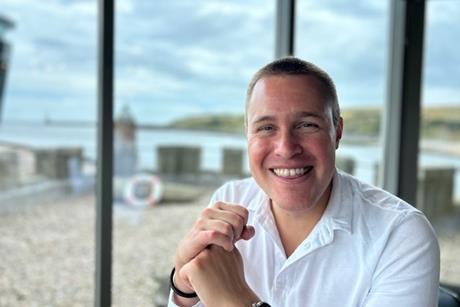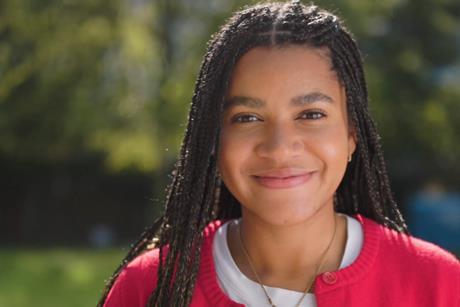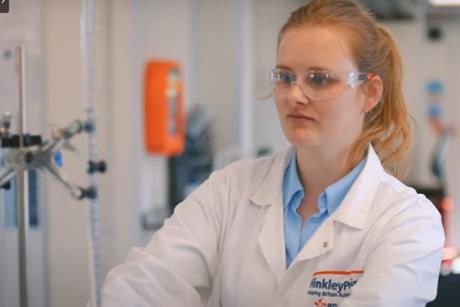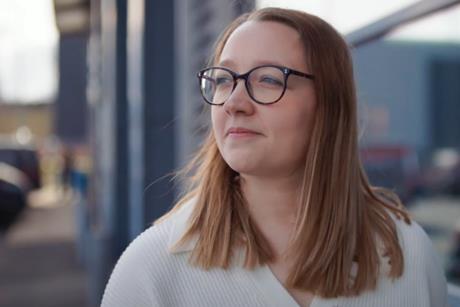I want to be a teacher
Inspire the next generation of chemical scientists through teaching
Teaching chemistry is an exciting, challenging and hugely rewarding career. There is no “typical” chemistry teacher – recent graduates as well as career changers from across the chemical sciences all make excellent teachers. All teachers should be passionate about their subject, great communicators and be able inspire the next generation of scientists.
Royal Society of Chemistry teacher training scholarship
Did you know the Royal Society of Chemistry, in partnership with the Department for Education, offers scholarships to support talented individuals entering secondary chemistry teacher training in England? You’ll be awarded £30,000 in tax-free funding, expert coaching from experienced teachers, free classroom materials, and much more. Find out more about our scheme and how to apply.
There are plenty of benefits to becoming a teacher, such as:
- the chance to make a real difference to children and young people
- an opportunity to use your passion for your subject to inspire young people
- having a challenging and rewarding career
- prospects for progression into a wide range of management roles, such as managing a year group, subject or key stage.
As well as teaching a range of age groups and abilities, a career in teaching will involve planning lessons, marking students’ work and assessments, and providing pastoral care.
"The youth of today are not just the future but our future and they need a good solid science education. Even if the students do not pursue a science career, it is vital that they have a good science education because it teaches them to think with an open mind."
Lyndsey Vernon, trainee chemistry teacher and Royal Society of Chemistry Scholar
Work experience in schools
The best way to decide if teaching is for you is to gain some experience in a school. Observing lessons will help you gain a better understanding of what teaching is like today and develop your own ideas about education. It will also make your teacher training application much stronger.
Organise a time to shadow a teacher that you know, or get in touch with schools in your local area. It’s helpful to visit more than one school, to gain experience in different teaching environments. In England, you can gain classroom experience by applying for the School Experience Programme.
Training to become a teacher
If you want to become a chemistry teacher, it is best to study an undergraduate degree containing at least 50% chemistry. Different teacher training courses will have different entry requirements - you can find about more about the many different routes into teacher training across the UK and the Republic of Ireland.
Latest job profiles
Tender and contract manager
Adam uses his chemistry knowledge to help win business for his company.
Peptide chemistry apprentice
Christina uses chemistry to make medicines work better and help more people.
Chemistry engineer, nuclear
Beth monitors the water quality at the construction site of a new nuclear power plant
Research scientist, microplastics
Sophie is stopping microplastics going into the environment when you wash your clothes












